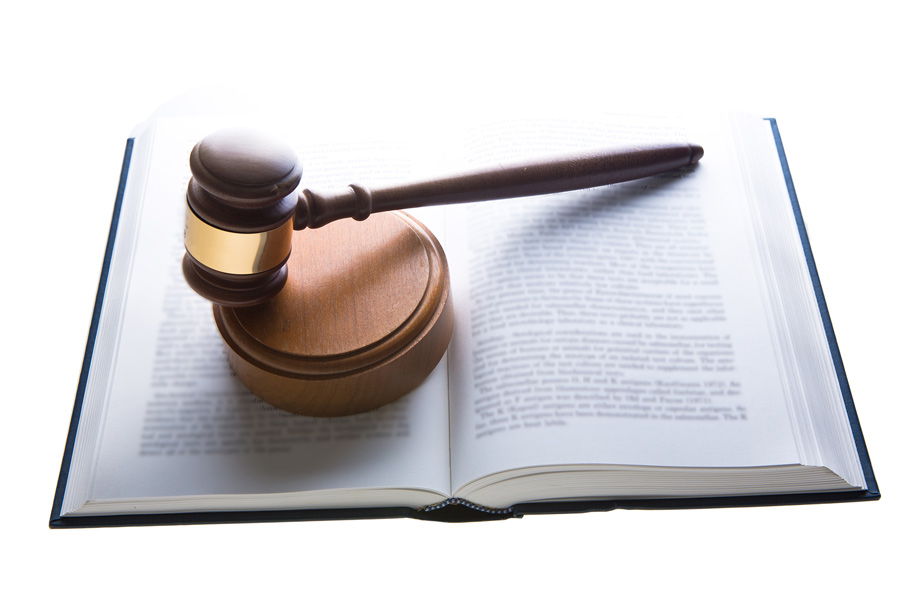The federal antibias case of Jeffrey S. Downs was resolved this week. In a one-page order signed by U.S. District Judge L. Felipe Restrepo on Sept. 8, the case was dismissed “pursuant to agreement of counsel.”
The order references a federal rule indicating the case was officially settled, but none of the parties had a comment about terms of a settlement.
Downs, an openly gay attorney, contended he suffered antigay workplace bias at the law firm Anapol Schwartz between 2008-12. But when Downs tried to get a new job at the law firm Raynes McCarty, the firm allegedly withdrew a job offer after Anapol officials said Downs threatened to sue them for antigay bias.
Last spring, Downs lost a state-court action against Anapol for defamation and tortious interference.
Downs contended he heard comments at Anapol to the effect that gay men lack families, are obsessed with oral sex, have substance-abuse issues, prey on children and have a knack for interior decorating. One Anapol employee allegedly called Downs a “faggot.”
Downs had another opportunity to seek damages in the federal-court trial, which was scheduled to begin Sept. 11. The federal trial would have focused on the retaliation Downs allegedly experienced when asserting his right to a bias-free workplace.
In court papers, attorneys for Raynes and Anapol challenged Downs’ version of events. They also questioned his work ethic, suggested he was difficult to get along with, and claimed he was pursuing a meritless lawsuit.
The alleged retaliation at Anapol included: failing to promote Downs; failing to pay him commensurate with his skills and contributions; delaying and denying expense reimbursements; delaying his mail delivery; failing to give adequate administrative and other paralegal support; and charging his stepfather for legal work that was supposed to be free.
Downs maintained that Raynes officials retaliated against him by withdrawing a lucrative job offer, rather than welcoming a “highly talented” attorney who’s committed to LGBT equality. In his filing, Downs denied threatening to sue Anapol for antigay bias, and argued that, even if he did, it wouldn’t have been a valid reason for Raynes to pull a job offer.
“Downs had never made any threat of any kind, and was trying to separate amicably with monies owed,” the filing states. “Downs was happy to be leaving Anapol and starting at Raynes, where he mistakenly believed he would be welcomed.”
Rather than welcoming “a highly talented new member to their firm,” Raynes officials drove Downs out “like an outcast,” the filing adds.
Downs’ complaint goes on to note that Raynes “had the audacity to hire a less qualified and less experienced associate directly from Anapol.”
Downs met with Raynes officials on March 27, 2012, to resolve any misunderstanding, according to the filing.
“Downs gave [Raynes’ officials] far more information than they were entitled to by law, in response to inappropriate and illegal questions about whether or not Downs intended to file a discrimination claim, and all of the facts and circumstances that transpired at Anapol. Downs told Raynes he had no plans to sue unless he lost his job offer as a result of what was unfolding in their inquisition of him.”
The filing reiterates the unfavorable outcome of the meeting.
“Unfortunately for Downs, after he honestly answered all the questions put to him to the best of his ability, and to diffuse Raynes’ inquiry as to any potential claims, Downs’ fear was realized, and Raynes [officials] acted to deny him an employment opportunity in retaliation for raising claims of discrimination at Anapol. Raynes feared that they would somehow be entwined in what they perceived as threatened litigation. Oddly enough, their own actions in stripping Downs of his employment opportunity have caused them to be named as defendants in this action.”
